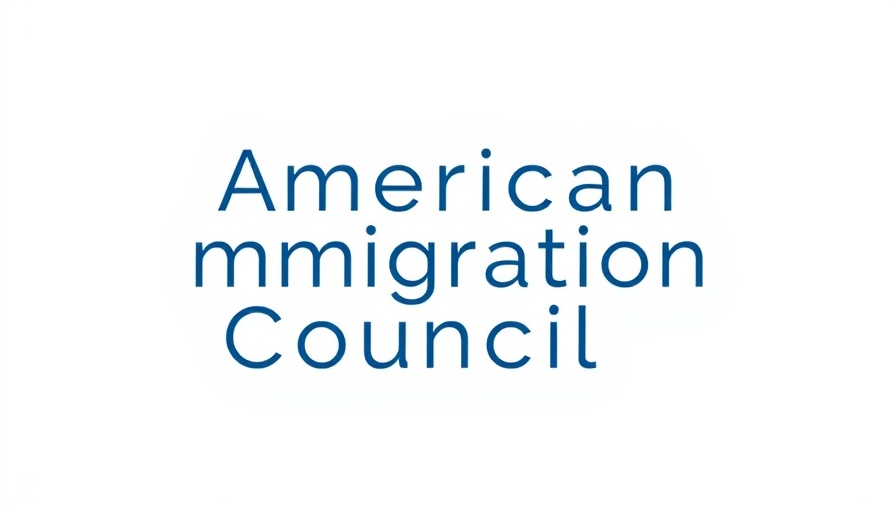
The Significance of Due Process in Asylum Cases
In a pivotal ruling, a federal court in Georgia has halted the unlawful removal of Y.A.P.A., a Venezuelan asylum seeker, under the Alien Enemies Act (AEA). This decision not only protects the rights of Y.A.P.A. but also sets a critical precedent affirming the necessity of due process for all individuals, regardless of their immigration status. As Judge Clay Land articulated in his ruling, constitutional protections are vital components of American identity that extend even to those perceived as undesirable. This ruling serves as a reminder of the profound legal responsibilities and ethical sensibilities we must uphold in the U.S. judicial system.
The Context of the Ruling
The backdrop to Judge Land's decision highlights the increasingly precarious situation faced by Venezuelan immigrants amid political upheaval and rising allegations of gang associations. Specifically, the U.S. government has made unfounded accusations against Y.A.P.A., alleging his connection to the Tren de Aragua gang without any substantiation. Such baseless claims have triggered a wave of apprehensions among the Venezuelan community, stirring fears of deportation under the AEA without fair consideration.
Implications for Immigration Policy
This ruling is particularly noteworthy as it comes in the wake of the Trump administration’s controversial implementations of the AEA, which was historically reserved for extraordinary circumstances such as wartime. The court’s injunction against the AEA application without due process signals a critical judicial pushback against policies that ignore fundamental rights in the pursuit of immigration enforcement. It also draws national attention to the plight of detained immigrants who, like Y.A.P.A., are at serious risk of being subjected to inhumane conditions and irreversible separation from their families.
Historical Context of the Alien Enemies Act
The Alien Enemies Act, enacted in 1798, was designed to address national security concerns during times of conflict. However, its modern application raises ethical questions regarding the balance between national security and individual rights. The recent history of the AEA's usage under the Trump administration evokes past instances when the rights of minorities were sidelined—illustrating the need for heightened scrutiny in its application and enforcement.
Public Response and Future Considerations
The court's decision has evoked a strong response from civil rights advocates, emphasizing the pressing need for comprehensive immigration reform. As lawyers and advocates push for a more humane approach to asylum seekers, the implications of this ruling may spark discussions on broader reforms needed in immigration policies, particularly regarding the rights afforded to those navigating the asylum process.
Actionable Steps for Civil Rights Attorneys
For attorneys specializing in civil rights and immigration law, this ruling provides a framework for challenging unjust applications of the AEA and advocating for the rights of detained immigrants. Legal professionals are encouraged to familiarize themselves with the nuances of this decision and consider its relevance to ongoing cases involving due process violations. Collaborating with organizations like the American Immigration Council and the ACLU can help amplify these crucial legal battles.
Conclusion: Upholding Fundamental Rights
The ruling in favor of Y.A.P.A. reinforces the importance of due process in American law. As advocates in the realm of civil rights and immigration grapple with evolving policies, this case serves as a pivotal moment, reminding us all of our collective responsibility to defend the principles of justice and equality.
 Add Row
Add Row  Add
Add 

 Add Row
Add Row  Add Element
Add Element 




Write A Comment